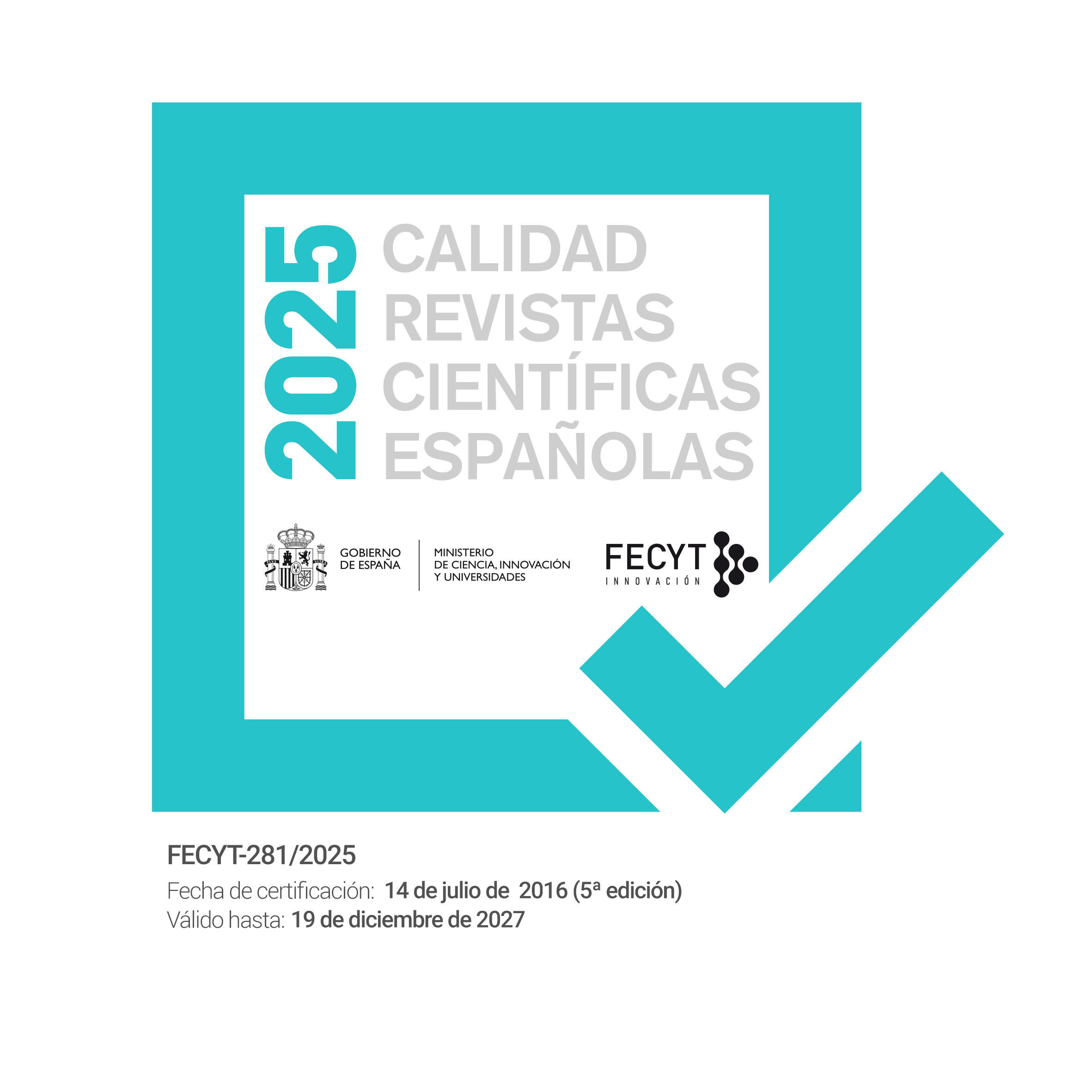FUNCIÓN DE LA MITOLOGÍA CLÁSICA EN DOS ESCRITORES MURCIANOS DEL BARROCO: EL HUMANISTA CASCALES Y EL DIPLOMÁTICO SAAVEDRA FAJARDO
Abstract
This article analyses the presence of classical mythology in the main works of two Baroque Spanish authors: the humanist Cascales and the diplomat Saavedra Fajardo. These two authors, who came from Murcia, display a great deal of learning in this regard; yet their mythological allusions are seldom intended to be merely erudite. What is most interesting about them is the moralising use they make of myths, by basing themselves on their paradigmatic value. Although they sometimes have scruples in their use of pagan myths, they use them as irrefutable arguments for the demonstration and transmission of moral knowledge. Moreover, particularly in Saavedra, the symbolical values of classical myths are often exploited. The mythical images of the Empresas políticas are genuine allegories, beneath which the author encloses wisdom which the reader must discover. Thus, Saavedra merely imitates that which, according to him, was the practice of the ancients themselves when they invented their mythological fables: they concealed within them the best of their knowledge in the fields of natural science, ethics, and politics.Downloads
-
Abstract222
-
PDF (Español (España))140
Las obras que se publican en esta revista están sujetas a los siguientes términos:
1. El Servicio de Publicaciones de la Universidad de Murcia (la editorial) conserva los derechos patrimoniales (copyright) de las obras publicadas, y favorece y permite la reutilización de las mismas bajo la licencia de uso indicada en el punto 2.
2. Las obras se publican en la edición electrónica de la revista bajo una licencia Creative Commons Reconocimiento-NoComercial-SinObraDerivada 3.0 España (texto legal). Se pueden copiar, usar, difundir, transmitir y exponer públicamente, siempre que: i) se cite la autoría y la fuente original de su publicación (revista, editorial y URL de la obra); ii) no se usen para fines comerciales; iii) se mencione la existencia y especificaciones de esta licencia de uso.
3. Condiciones de auto-archivo. Se permite y se anima a los autores a difundir electrónicamente las versiones pre-print (versión antes de ser evaluada) y/o post-print (versión evaluada y aceptada para su publicación) de sus obras antes de su publicación, ya que favorece su circulación y difusión más temprana y con ello un posible aumento en su citación y alcance entre la comunidad académica. Color RoMEO: verde.





